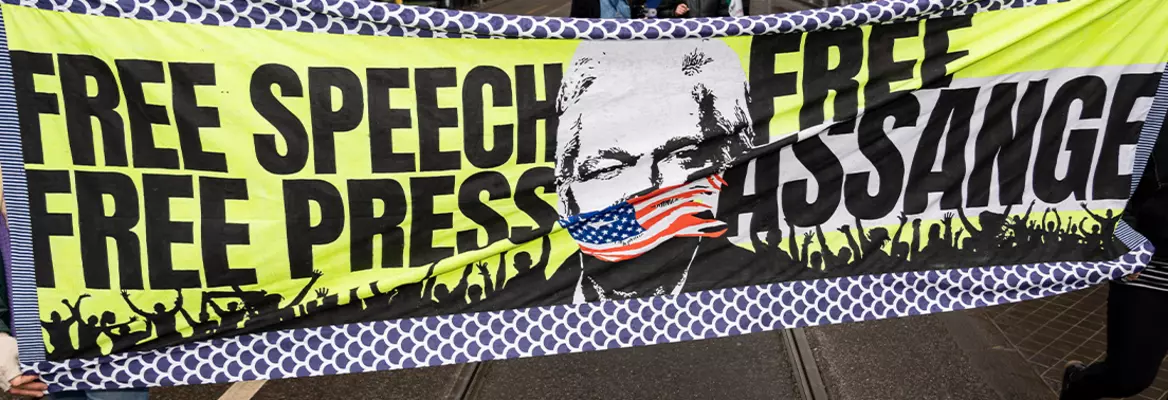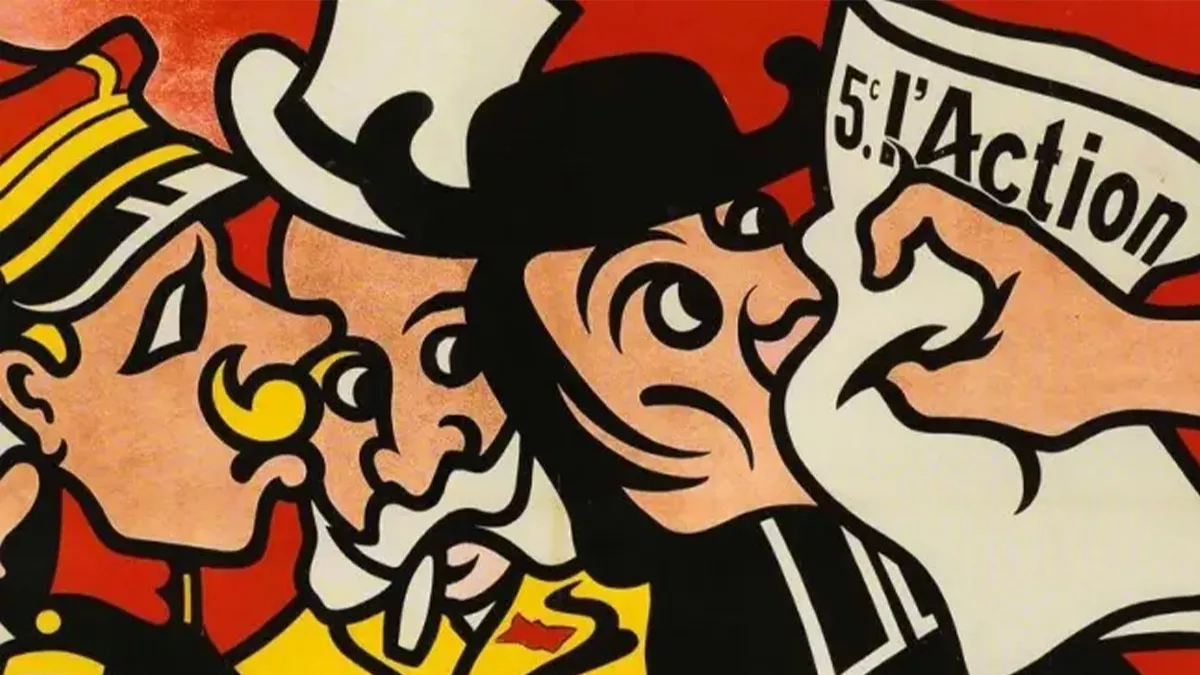Whilst the release of Julian Assange has been celebrated by his friends, family and defenders, the powers that imprisoned him remain unconstrained. Is his release a victory and for whom? While acknowledging Assange's role in exposing harsh war truths, Sophie Scott-Brown argues that "speaking truth to power" now reinforces the power structures it seeks to challenge. Scott-Brown calls for a society of shared responsibilities, free from permanent authorities, especially in light of current global crises.
Assange’s release is welcome news, but is it really a victory? And if so, of what for whom? Assange forced on us the painful, undeniable facts proving what most people dimly suspected but didn’t want to know, that appalling things are done by all sides in a war. In doing so, he joined a select elite of people who have sacrificed themselves—their time, liberty, health, and often lives—to ‘speak truth to power.’
___
Belief that displacing illusion and superstition with facts and reason ensures prosperity is the bedrock of modern liberal faith.
___
This idea—speaking truth to power—fascinates and repels us. Its roots lie deep in religious dissent and those heretics prepared to oppose religious establishment, the state, and the law in the name of divine truth (or their version of it). While the element of martyrdom remains, the secular version, as embodied by the Enlightenment, prevails now. Belief that displacing illusion and superstition with facts and reason ensures prosperity is the bedrock of modern liberal faith.
SUGGESTED VIEWING Dangerous media for dangerous times With Matt Kelly, Alan Rusbridger
In another sense, however, this idea is naïve and reinforces the same power it claims to challenge. It does this by massaging two long standing myths: first, that authority is a necessary evil protecting us from others and ourselves, and second, that it helps us collectively progress. Inspired by these principles, how much effort has gone into theorising ideal leaders, perfect governments, foolproof judiciaries in the hopes that, if properly implemented, they will fulfil these objectives? If anything errs it is not because of authority per-se, but because someone or something is not following the plan. As citizens, our primary jobs are to be to be vigilant, to point out ‘errors’ when we see them, and to waggle our fingers at them.
___
It just exchanges multiple small bullies for one super-bully.
___
Yet if we pause for a moment, it’s clear neither claim makes sense. Supposing we do need protection and regulation because we are all self-interested, how, then, does giving an individual or small group of individuals increased capacity to enforce their will over others solve that problem? It just exchanges multiple small bullies for one super-bully. Similarly, if progress means our ability to live well in safety, that is incompatible with maintaining a permanent authority which is defined by and dependent on the use of force to hold power.





















Join the conversation